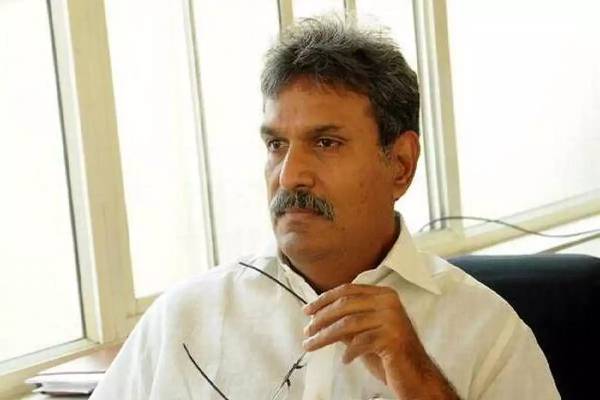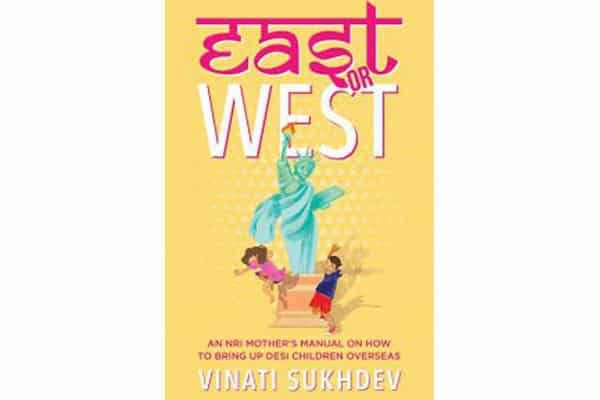Book: East or West; Author: Vinati Sukhdev; Publisher: Westland; Price: Rs 250; Pages: 135
The many aspects of everyday Indian life — history, culture, language, family relationships and marriage — that we in India tend to take for granted are often major issues of contention for NRIs living overseas – an estimated 30 million of them spread across over 150 countries.
Even as they go on with their lives in different countries across the globe, there is always an underlying desire to inculcate these “Desi” aspects into the lives and habits of their children.
A recent book by a former journalist, who faced difficulty in selling “India” to her children, serves to be an apt manual on the upbringing of Indian diaspora children overseas.
Titled “East or West,” the book has been written by Vinati Sukhdev. The author opens with an elaborate explanation on the concept of what goes into making us Indian, which she finds hard to define specifically.
Nonetheless, meaningful family relationships, hard work leading to material success, being tolerant of others and being spiritual are some visible examples that Sukhdev identifies as hallmarks of Indian ethos. She states that “being Indian” means counting on all such positive values and ensuring that children growing up in a foreign eco-system are exposed to them.
But it is not going to be an easy journey for parents because most children growing up outside India are likely to rebel at what they may consider “foreign and strange requests” from their parents. The peer pressure that kids are subjected to may further strengthen this resentment.
The author seeks to impress upon NRI parents to recognise the fact that their children will never be as Indian as they are. So she asks the parents to appreciate “every baby step that they take towards discovering India” and thus enjoy the journey.
The author maintains that “old-fashioned immigrants,” who foist an Indian identity on their children, are wrong in being strict and inflexible. Parents who go to the other extreme and keep their children completely aloof from India and its culture, according to the author, are wrong too as they are depriving their children of “an authentic and spontaneous experience of their mother country” and thus leave a gaping hole in their identity kit.
The solution is somewhere in between — by being judicious and balanced — and in the process, allowing the children to discover rather than forcing their Indian identity unto them.
Finally, Sukhdev reminds the many prospective readers of this insightful offering that NRI children often grow up without much knowledge of India’s art, history and culture. “This is a shame, because this is India’s strength and we should take pride in it,” she advises the parents living overseas.
From cultural immersions with the help of like-minded Indian parents and Indian language and music classes to casual dining table conversations and car pooling with other Indian families, the book opens an entire panorama of suggestions that those facing difficulties in the upbringing of their children abroad may find helpful.


































